Kanye West has once again found himself at the center of a cultural firestorm, this time after a series of antisemitic comments made on a podcast and amplified across social media. While the statements themselves drew immediate condemnation, they also reopened a less‑talked‑about chapter of West’s career: his history of remarks that many view as anti‑Black.
Background of the Comments
In late 2022, West appeared on a widely listened‑to podcast and labeled the Jewish community with offensive stereotypes, echoing tropes that have long fueled hate. The clips quickly spread, prompting reactions from civil‑rights groups, Jewish advocacy organizations, and even political figures who called for repercussions. Off‑the‑record, West has a track record of controversial remarks about Black culture, including dismissive comments about historically Black neighborhoods and the achievements of Black artists.
These dual strands of bigotry have rarely been examined together, but recent analysis in mental‑health and cultural publications suggests a pattern: the same narratives that dehumanize one group can be repurposed to marginalize another. Critics argue that West’s public platform magnifies these harmful ideas, making it harder for communities to dismantle interlocking prejudices.
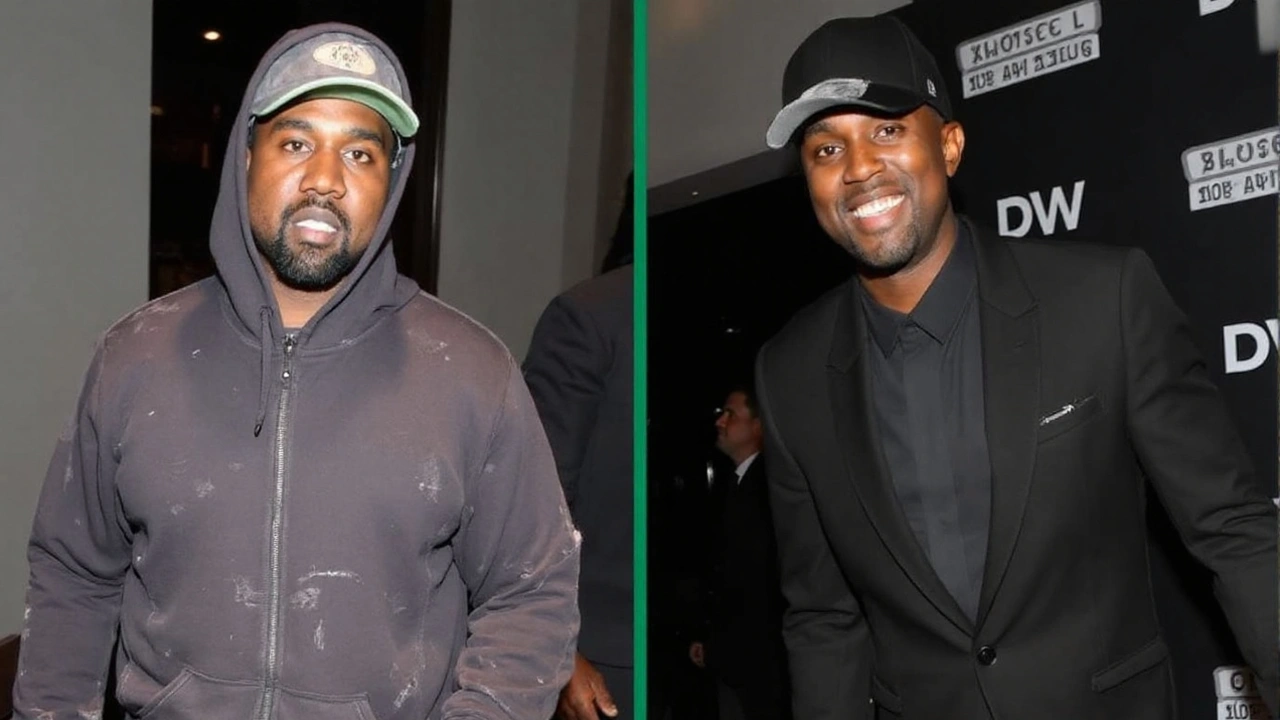
Public Reaction and Calls for Accountability
Following the podcast episode, major brands that had partnered with West—ranging from fashion labels to streaming services—suspended contracts and issued public statements denouncing his language. Protesters gathered outside his former studio locations, waving signs that linked antisemitic slurs with broader racism. Meanwhile, advocacy groups such as the Anti‑Defamation League and the NAACP issued joint statements, emphasizing that hate is not compartmentalized and urging unified action.
Social media users flooded timelines with hashtags like #StopHateAndBias and #WestMustAnswer, prompting debates about free speech versus hate speech. Some fans defended West, citing his artistic genius and mental‑health struggles, while others called for his removal from public platforms until he takes corrective steps.
Experts in psychology and sociology note that repeated exposure to hate rhetoric, especially from a celebrity, can normalize extremist views across demographics. They recommend targeted educational campaigns and stronger community outreach to counteract the spill‑over effects of such statements.
The controversy continues to evolve, with legal analysts watching potential defamation suits and industry insiders weighing the financial fallout for entities still linked to West. What remains clear is that the conversation has moved beyond a single episode of antisemitic speech; it now interrogates the broader tapestry of bias that can coexist within a high‑profile figure’s public persona.

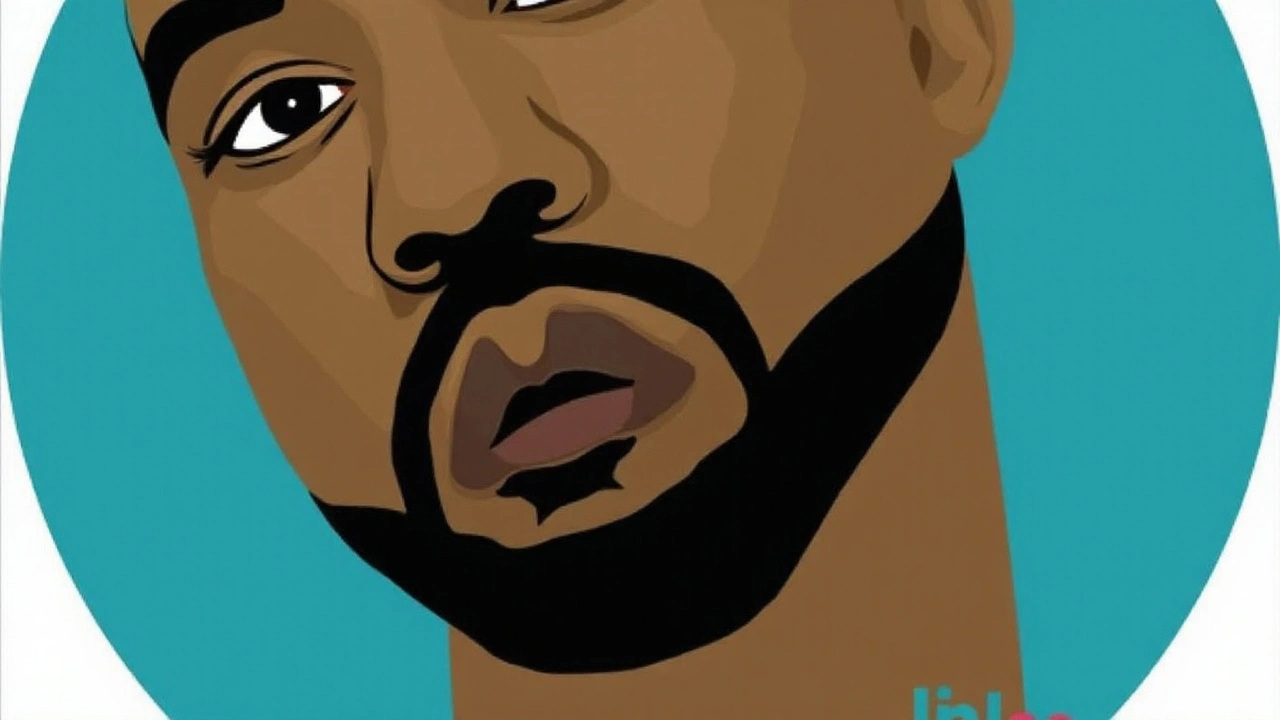
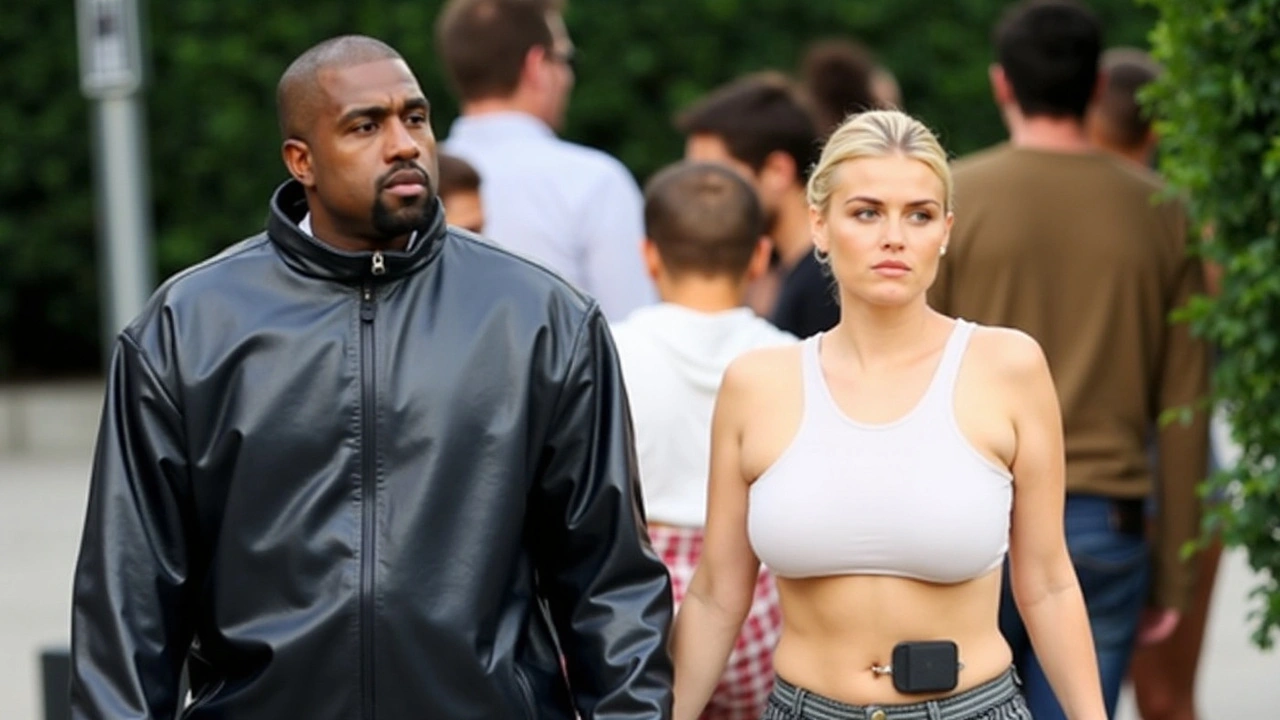
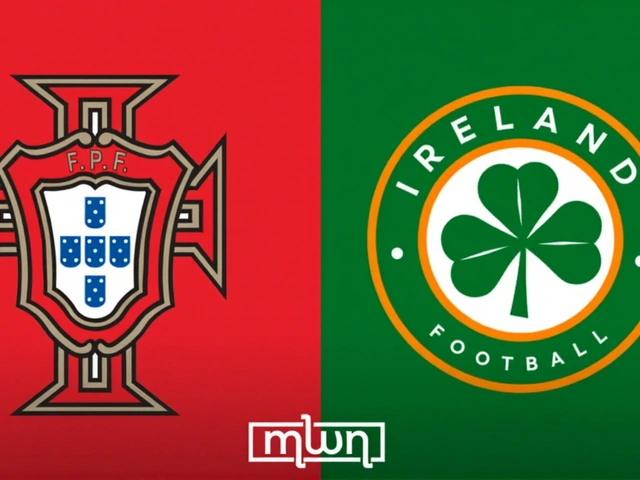
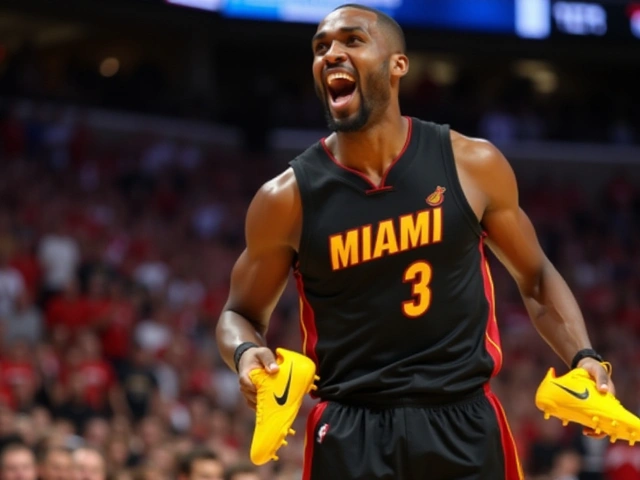
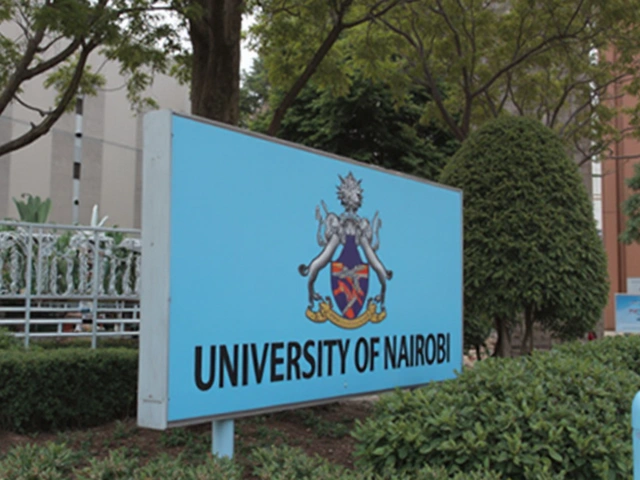
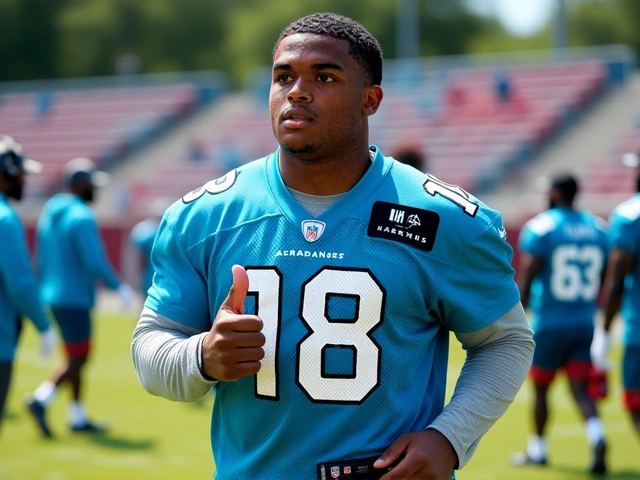
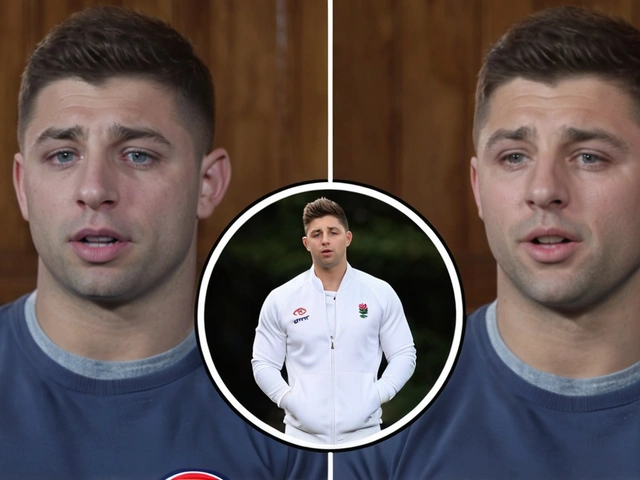
Kirsten Wilson
September 21, 2025 AT 20:06Yo, the West saga is like a meme of cognitive dissonance that loops through the cultural feedback matrix it's a real meta‑paradox where antisemitic tropes blend with anti‑Black rhetoric the same platform that fuels hype also fuels hate its like a double‑edged algorithm that amplifies bias we need to deconstruct the epistemic scaffolding behind his statements and ask why the audience bites
We cant ignore the fact that profit motives often mute moral clarity and that the echo chamber only grows louder when silence is marketed as neutrality
Michelle Roque
October 3, 2025 AT 16:00Honestly, this whole drama just feels like a relentless echo chamber.
Killian Lecrut
October 15, 2025 AT 05:46Man, the hype train is unstoppable and the sarcasm is practically a sport for some of us
West obviously thinks he's the oracle of culture while dropping garbage that would make a toddler cringe
It's wild how his so‑called genius gets weaponized to spread hate and then the same crowd cheers for a comeback tour
We all know the pattern: controversy, monetization, apology, repeat
But hey, maybe the next album will finally be about love instead of division… doubt it though
Still, if anyone can turn this mess into a lesson, it's the community that refuses to stay silent
Subi Sambi
October 26, 2025 AT 18:33The phenomenon of a celebrity toggling between antisemitic vitriol and anti‑Black disdain is not a random outburst but a symptom of a deeper sociopsychological pathology.
When West weaponizes stereotypes, he taps into an entrenched hierarchy of oppression that has been codified in institutional narratives for centuries.
His platform acts as an amplifier, converting fringe conspiratorial rhetoric into mainstream discourse with alarming efficiency.
This conversion is facilitated by algorithmic echo chambers that reward sensationalism over nuance, thereby normalizing extremist viewpoints.
Moreover, the selective outrage from brands and pundits often overlooks the intersectional nature of his bigotry, treating each slur as an isolated incident.
Such compartmentalization permits a tacit acceptance of bias as long as it does not jeopardize profit margins.
Academic research consistently shows that repeated exposure to hateful language desensitizes audiences, eroding empathy across demographic lines.
The mental‑health argument frequently invoked by his supporters serves as a convenient deflection rather than a substantive mitigation strategy.
By framing his statements as a symptom of personal turmoil, the public discourse downplays the collective harm inflicted on marginalized groups.
The legal ramifications, while complex, underscore a precedent that unchecked hate speech can precipitate civil liability for both the speaker and the enablers.
From a sociological perspective, West’s dual‑track prejudice illustrates how toxic masculinity intertwines with cultural appropriation to sustain power dynamics.
The NAACP and ADL’s joint stance is commendable, yet it also reveals the scarcity of unified responses that address the root causes of such intersectional hatred.
Educational campaigns must therefore be tailored to dismantle not just isolated slurs but the systemic frameworks that render them socially permissible.
Community outreach initiatives should prioritize building resilience among at‑risk demographics before the contagion spreads further.
In sum, the West episode is a clarion call for a comprehensive strategy that merges legal accountability, corporate responsibility, and grassroots education to curb the ripple effects of celebrity‑driven hate.
Joshua Rainey
November 10, 2025 AT 03:00Well, here we are again watching the circus of self‑destruction where everyone pretends to be offended until the next headline drops.
Sure, brand boycotts make for good PR, but they rarely translate into genuine cultural change.
Let's not forget that the same media outlets amplify the drama for clicks while offering shallow apologies.
If we want real progress, we need to stop glorifying the spectacle and start holding the system accountable.